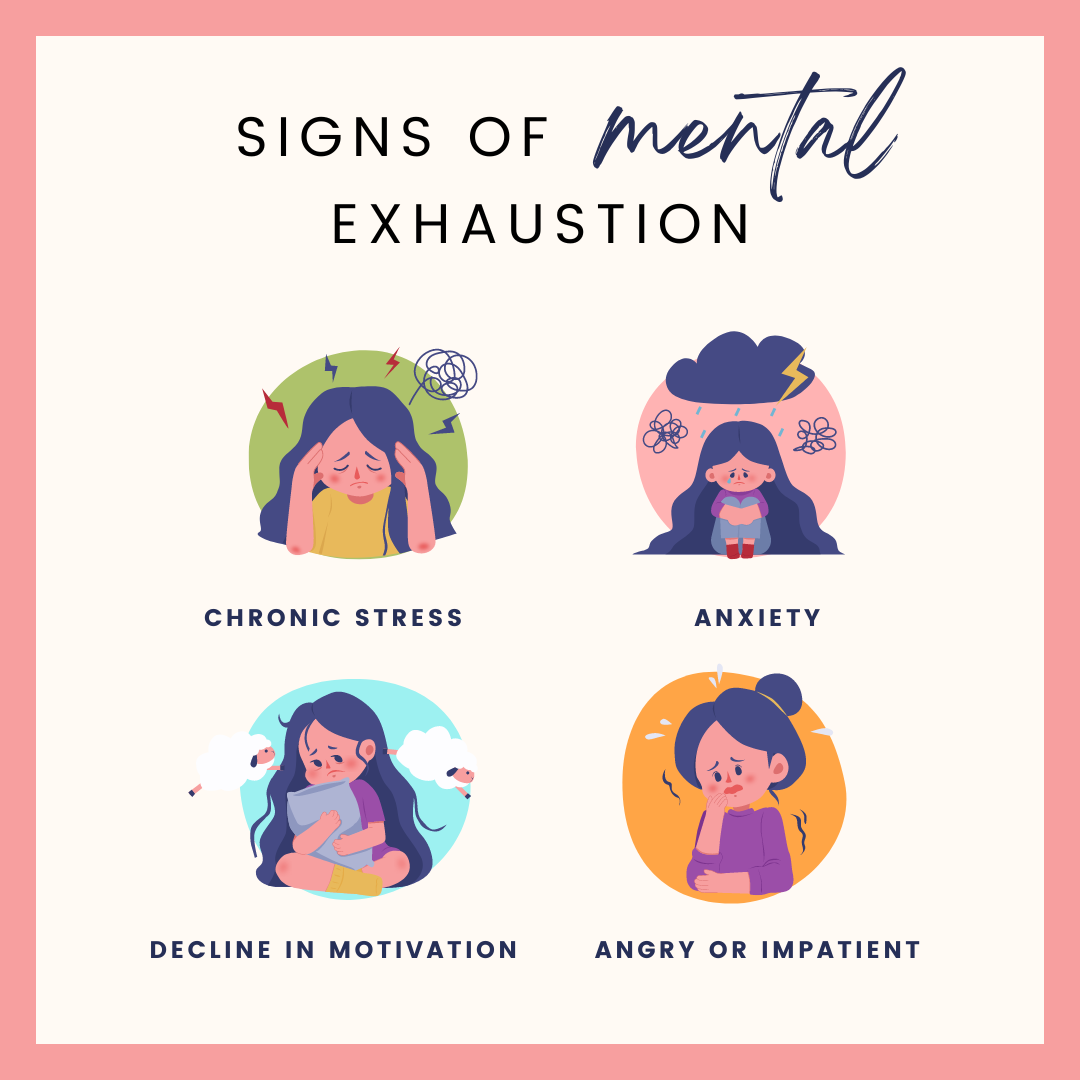Although stress is an inevitable part of life, it can have a significant negative effect on mental health. Anxiety, despair, and burnout are just a few of the mental health conditions that can result from ongoing stress. It is essential to comprehend the relationship between stress and mental health in order to create successful coping mechanisms.
Stress causes the body to release chemicals like cortisol and adrenaline, which set off the body’s “fight or flight” reaction. Prolonged exposure to stress hormones can have a negative impact on our mental health, even while this response is necessary for handling immediate threats. Chronic stress can cause neurotransmitter imbalances in the brain over time, which can impair cognition and cause mood problems.
It’s critical to establish good coping strategies in order to lessen the detrimental impacts of stress on mental health. This could entail engaging in relaxation exercises like yoga, meditation, or deep breathing, which can lower stress and improve emotional health. Furthermore, upholding a healthy lifestyle that includes consistent exercise, enough sleep, and a balanced diet will enhance mental health in general and build resilience to stress.
Getting help from loved ones, friends, or mental health specialists is also essential for controlling stress and the mental health problems it might cause. While professional therapy or counseling can provide individualized ways for coping with challenges, talking about your thoughts and experiences can offer affirmation and perspective.
People can better manage the difficulties of stress and safeguard their mental health by emphasizing self-care and getting help when necessary.



